American conservative movement leaders have been embroiled in a bitter, existential conflict over the past several weeks, with allegations of openly misogynistic and racist conduct surfacing within the Republican Party. The controversy centers around the diverging interests of different factions within the GOP, including those associated with Nick Fuentes and Tucker Carlson, and the looming lame duck status of former President Donald Trump.
According to a Heritage insider, who spoke to Vox on condition of anonymity, the internal Republican fight is a sign of the party's most contentious internal debates breaching containment and going public. "This is not just a fight over personalities or policy, but a fundamental struggle over the soul of the Republican Party," the insider said. "The fact that we're seeing this kind of infighting now is a sign that the party's internal divisions are becoming increasingly difficult to contain."
The conflict has been fueled by the diverging interests of different factions within the GOP, including those associated with Fuentes, a far-right commentator, and Carlson, a popular television host. Fuentes has been accused of promoting antisemitic and white nationalist ideologies, while Carlson has been criticized for his comments on immigration and race. Trump's looming lame duck status has also contributed to the tension, as different factions within the party vie for influence and power.
The internal Republican fight is not a new phenomenon, but rather the latest manifestation of a long-standing dynamic that has been ongoing since 2016. The rise of Trump and the subsequent polarization of the party have created an environment in which different factions are increasingly at odds with one another. The conflict has been exacerbated by the party's internal divisions over issues such as Israel and antisemitism, which have sparked a civil war within the party.
International observers have been watching the conflict with interest, with many seeing it as a symptom of a broader global trend towards polarization and fragmentation. "The Republican Party's internal divisions are a microcosm of a larger global trend towards the erosion of consensus and the rise of identity politics," said Dr. Maria Rodriguez, a political scientist at the University of London. "As the world becomes increasingly complex and interconnected, we're seeing a growing number of people turning to extreme ideologies and tribal identities as a way of coping with uncertainty and anxiety."
The current status of the conflict remains uncertain, with different factions within the party continuing to jockey for influence and power. Trump's lame duck status is expected to continue to contribute to the tension, as different factions vie for his attention and support. In the meantime, the conflict is likely to continue to dominate the headlines and shape the direction of the party.
In a statement, a spokesperson for the Republican National Committee said that the party is committed to unity and that the internal conflict is a "healthy" sign of the party's diversity and complexity. However, many observers remain skeptical, with some predicting that the conflict will only continue to escalate in the coming months.
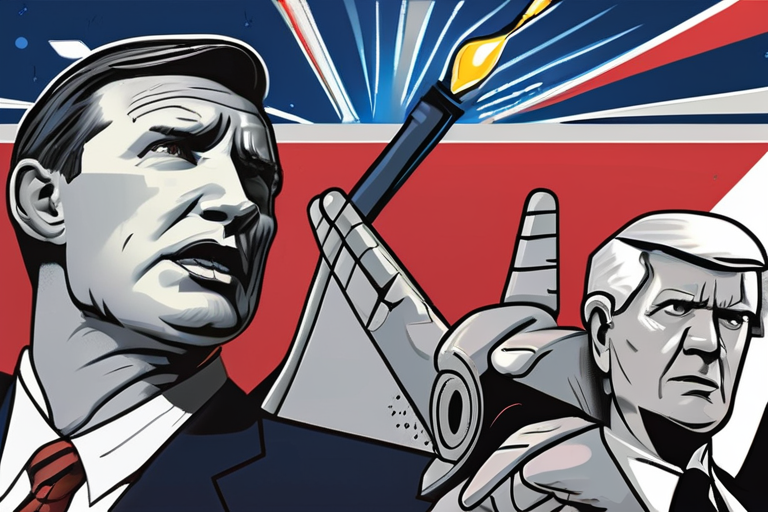


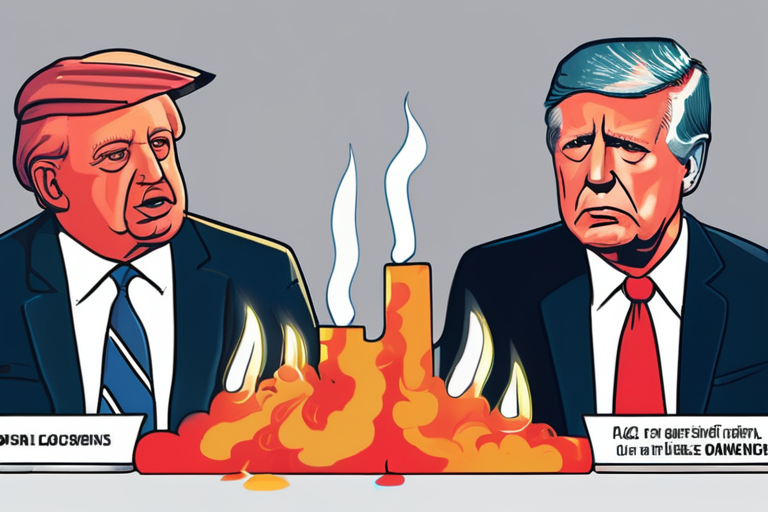
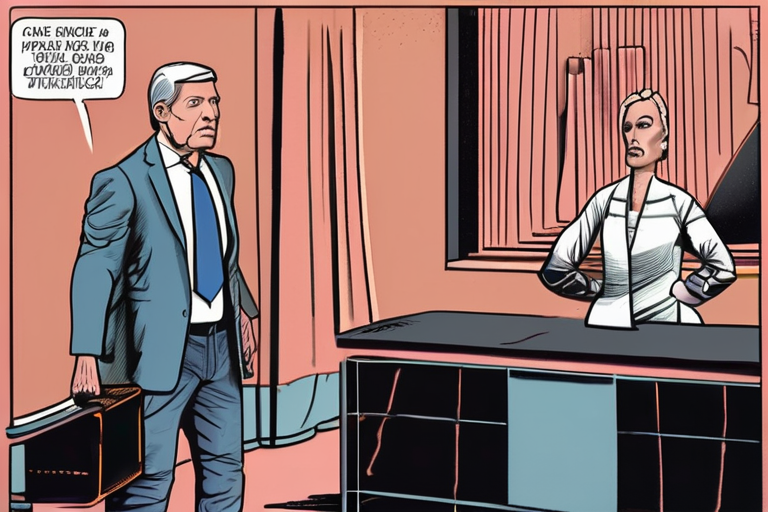


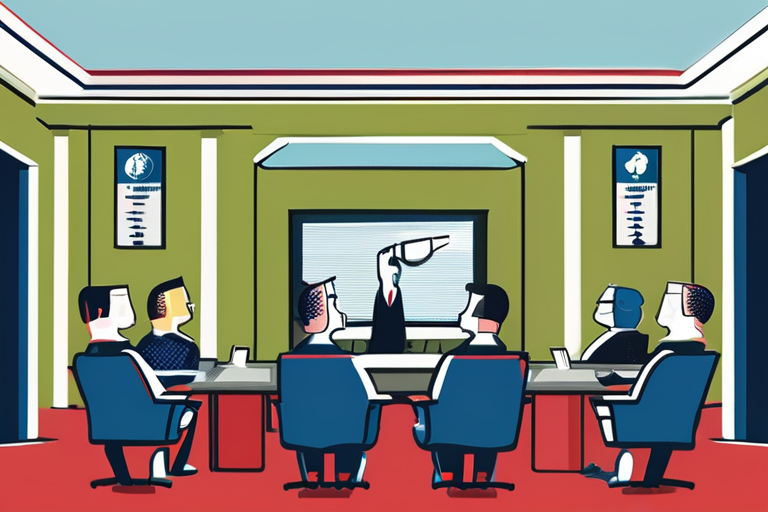
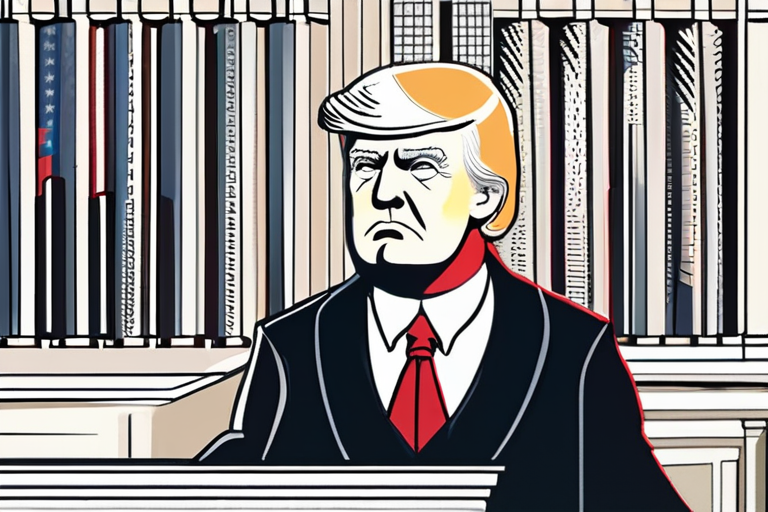
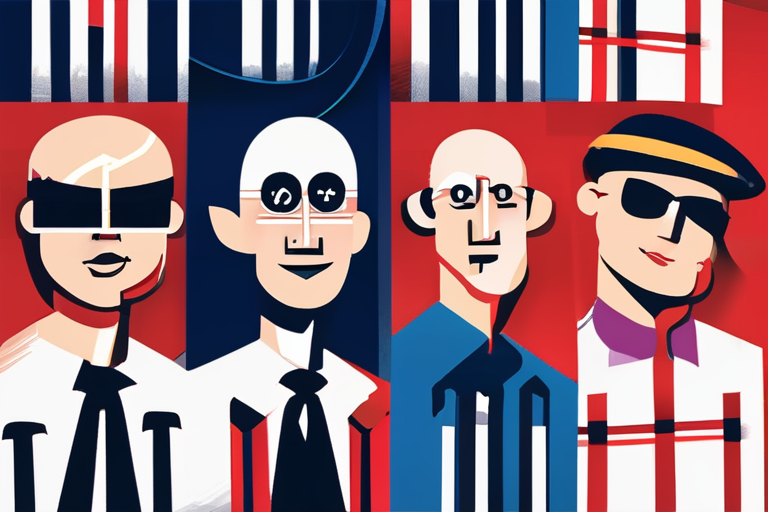
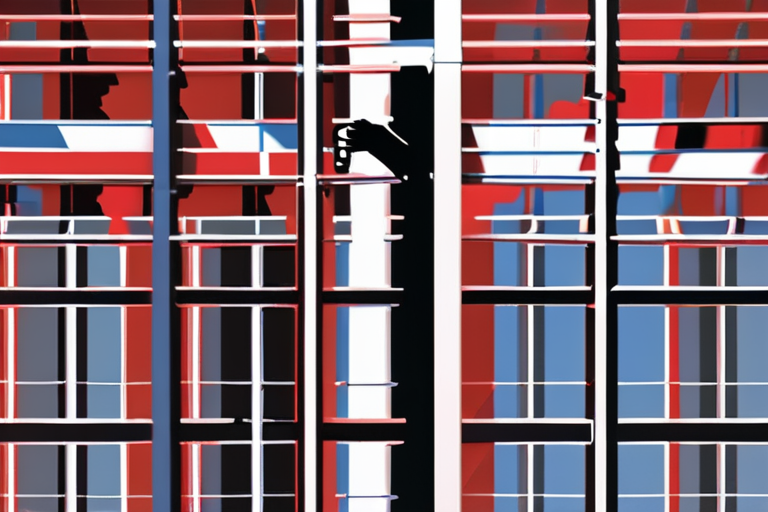



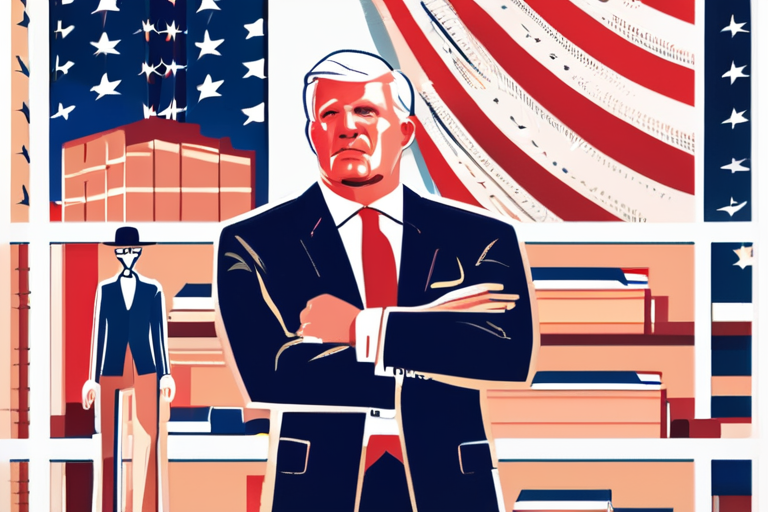
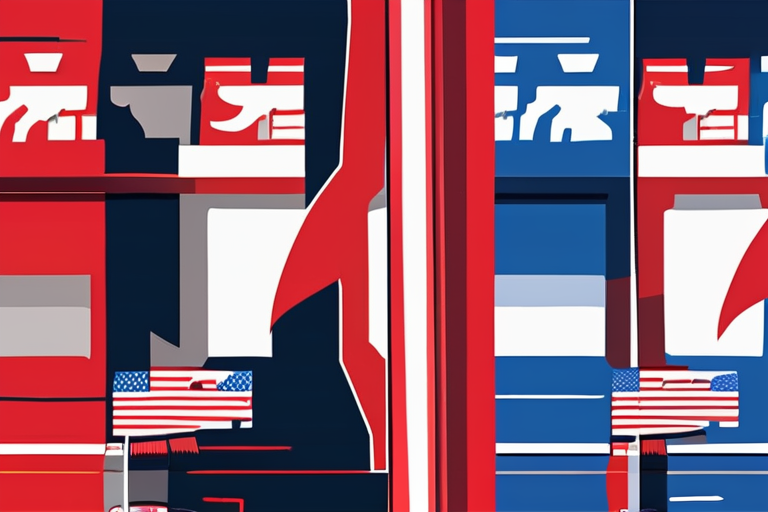
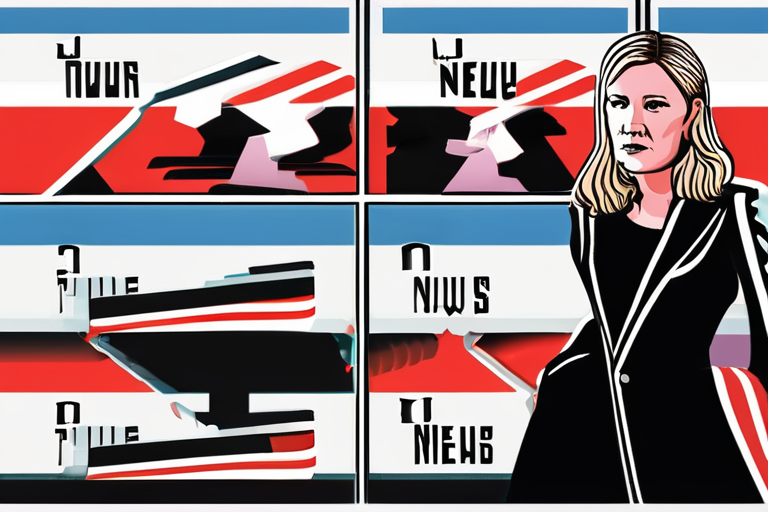
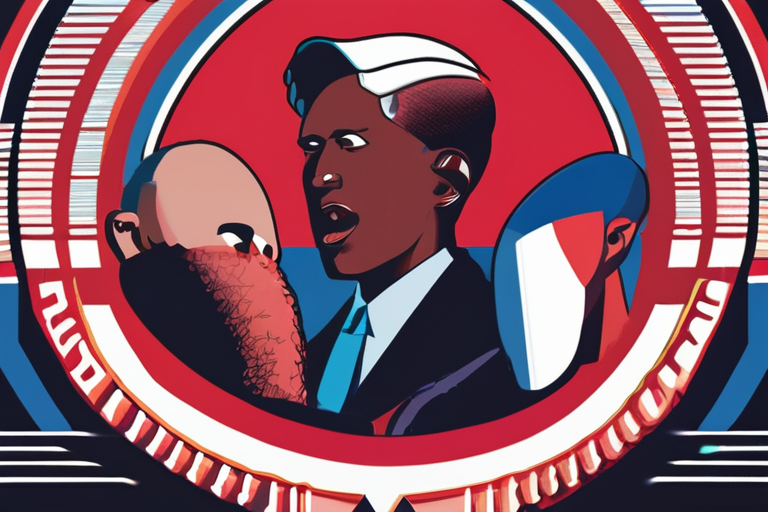
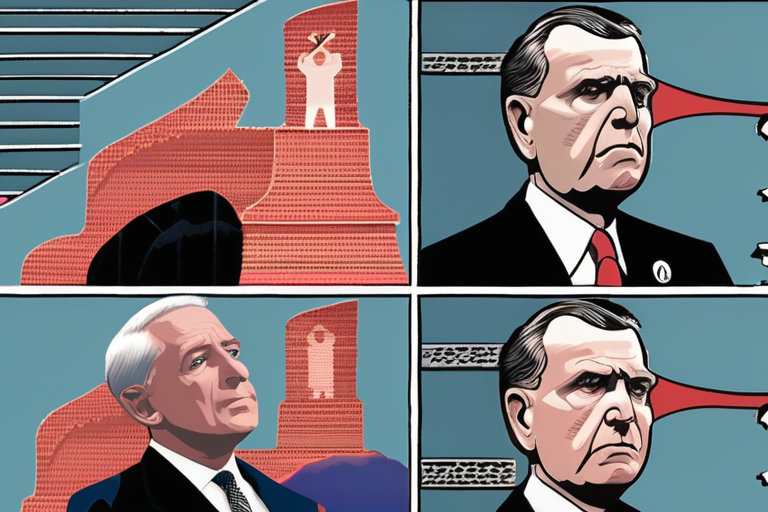
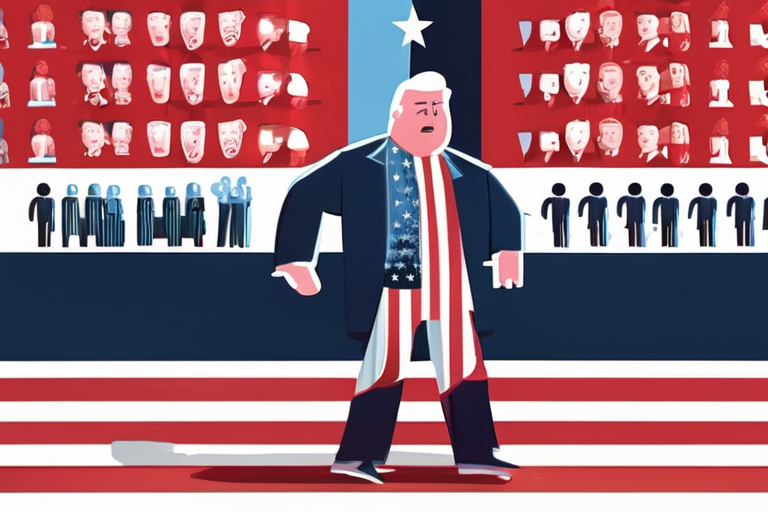

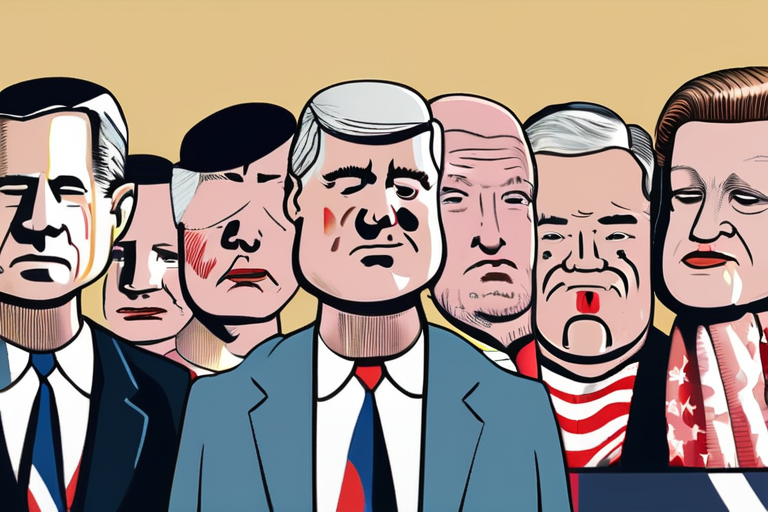

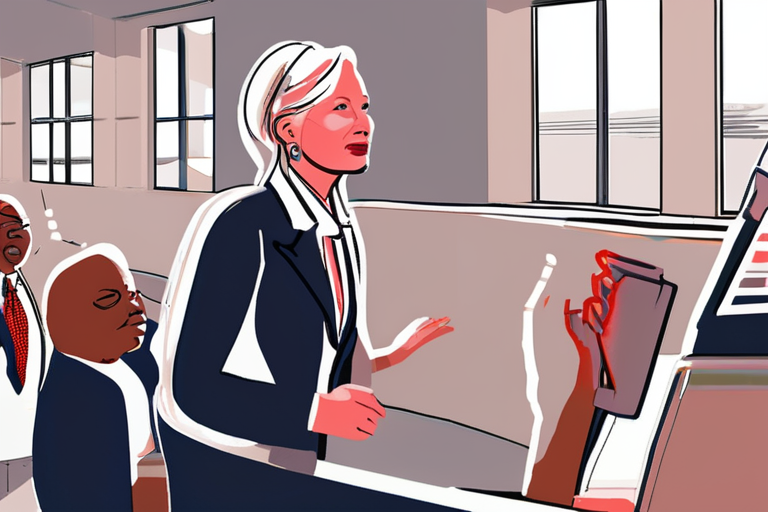
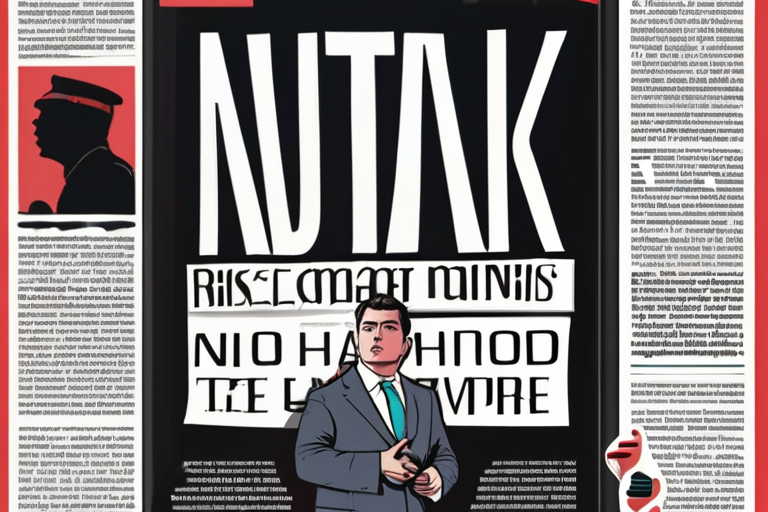
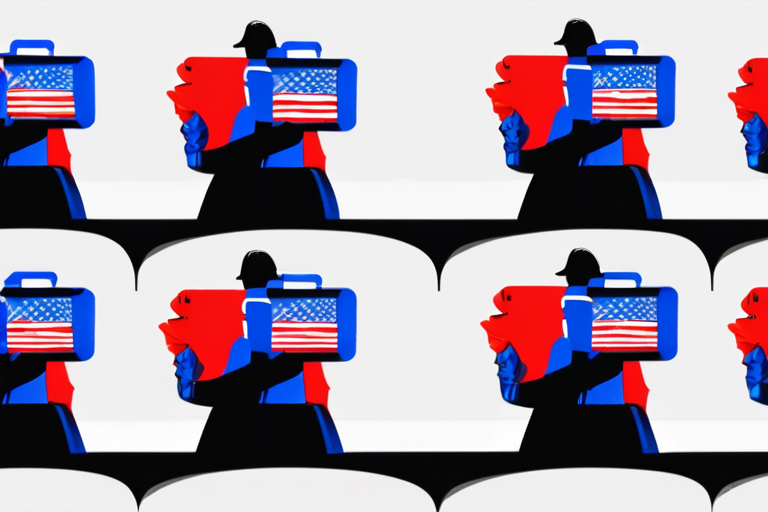
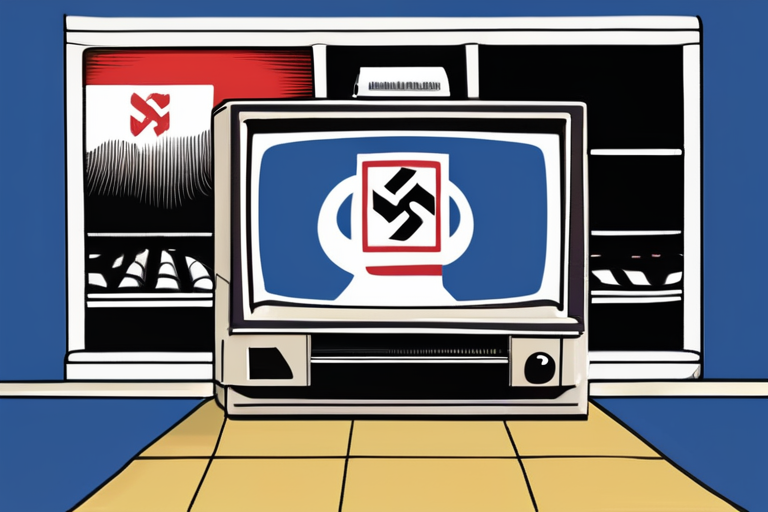
Share & Engage Share
Share this article